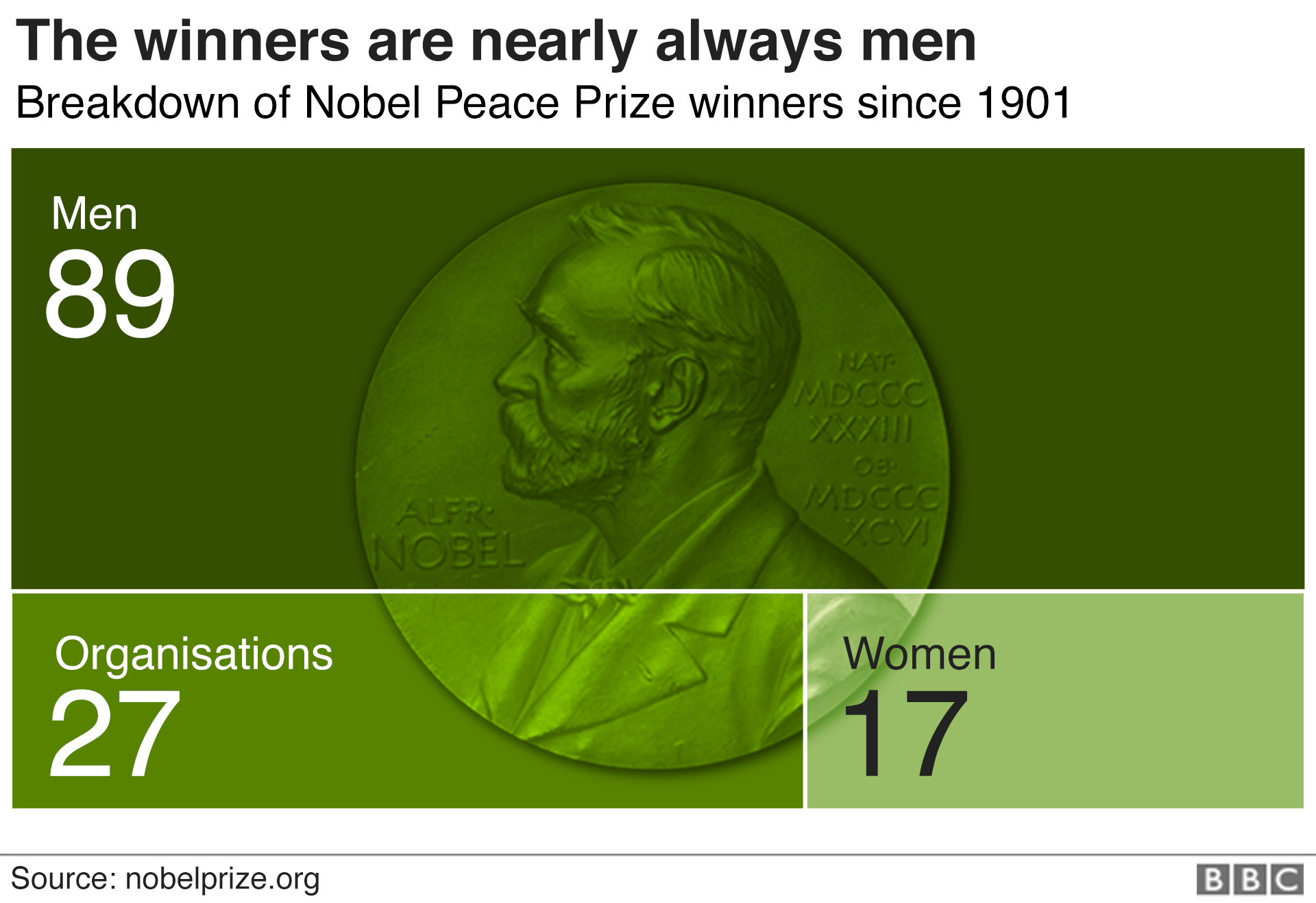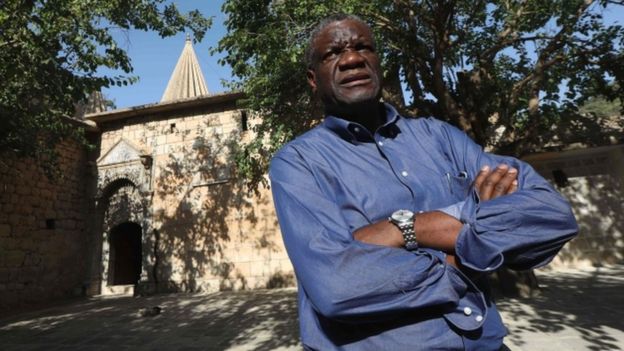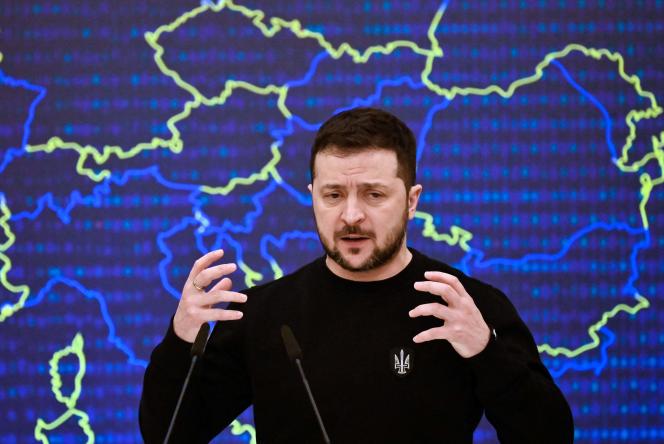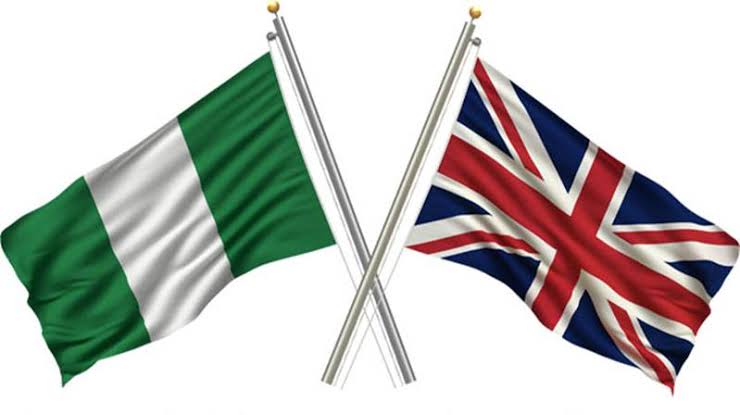The 2018 Nobel Peace Prize has been awarded to campaigners against rape in warfare Nadia Murad and Denis Mukwege.
Ms Murad is an Iraqi Yazidi who was tortured and raped by Islamic State militants and later became the face of a campaign to free the Yazidi people.
Dr Mukwege is a Congolese gynaecologist who, along with his colleagues, has treated tens of thousands of victims.
Some 331 individuals and organisations were nominated for the prestigious peace award this year.
The winners announced in the Norwegian capital Oslo on Friday won the award for their “efforts to end the use of sexual violence as a weapon of war”, Berit Reiss-Andersen, the Nobel committee chair, said.
The pair both made a “crucial contribution to focusing attention on, and combating, such war crimes,” Ms Reiss-Andersen added.
Who are the winners?
Ms Murad, 25, endured three months as a sex slave at the hands of Islamic State (IS) militants. She was bought and sold several times and subjected to sexual and physical abuse during her captivity.
She became an activist for the Yazidi people after escaping IS in November 2014, campaigning to help put an end to human trafficking and calling on the world to take a tougher line on rape as a weapon of war.
BBC Persian’s Nafiseh Kohnavard, who met Ms Murad after she had escaped from her IS captors, tweeted an image of the meeting after the prize was announced.
Ms Murad described her escape in a BBC interview in 2016, detailing how the women who were held captive were treated by IS.
She was awarded the Vaclav Havel Human Rights Prize by the Council of Europe in 2016 and called for an international court to judge crimes committed by IS in her acceptance speech in Strasbourg.
She was named the UN’s first goodwill ambassador for survivors of human trafficking later that year.
Ms Murad is the first Iraqi to win the award.

Dr Mukwege, 63, has spent decades helping rape victims in the Democratic Republic of Congo.
He and his colleagues are said to have treated about 30,000 rape victims, developing great expertise in the treatment of serious injuries sustained during sex assaults that were carried out as a weapon of war.
 Image copyrightGETTY IMAGES
Image copyrightGETTY IMAGESDr Mukwege has won a number of international prizes, including the 2008 UN Human Rights Prize, and was named African of the Year in 2009.
He lives under the permanent protection of UN peacekeepers at his hospital and has also previously called for a tougher line on rape as a weapon of war.
Who else has won a Nobel award this year?
Earlier this week the Nobel prize for physics was awarded to Donna Strickland, only the third woman winner of the award and the first in 55 years. The Canadian was announced along with Arthur Ashkin, from the US, and Gerard Mourou, from France.
The Nobel prize for medicine was awarded to two scientists – Professor James P Allison from the US and Professor Tasuku Honjo from Japan – who discovered how to fight cancer using the body’s immune system.
For chemistry, the prize was awarded to three scientists for their discoveries in enzyme research. Americans Frances Arnold and George P Smith share the prize with Briton Gregory Winter
How is the prize decided?
- Eligible nominators from around the world can put forward candidates up to 1 February of the award year, while Nobel Committee members have more time
- All nominations are reviewed by the committee – whose five members are chosen by the Norwegian parliament – before a shortlist of 20-30 candidates is selected
- A group of Norwegian and international advisers write individual reports on the shortlisted candidates. Using these and further reports, the committee narrows the selection down to a handful
- A decision is reached in the last meeting of the committee, usually in late September or early October, before the prize is announced
- If a unanimous decision cannot be reached, a simple majority vote is used
- After the announcement, the award ceremony takes place on 10 December, the date of Alfred Nobel’s death
- Previous winners include figures such as Nelson Mandela, Martin Luther King Jr, Mother Theresa and the Dalai Lama
- Last year the prize was won by the anti-nuclear weapons group International Campaign to Abolish Nuclear Weapons, a coalition of NGOs whose work has highlighted the humanitarian risk of such weapons.
Source: BBC



